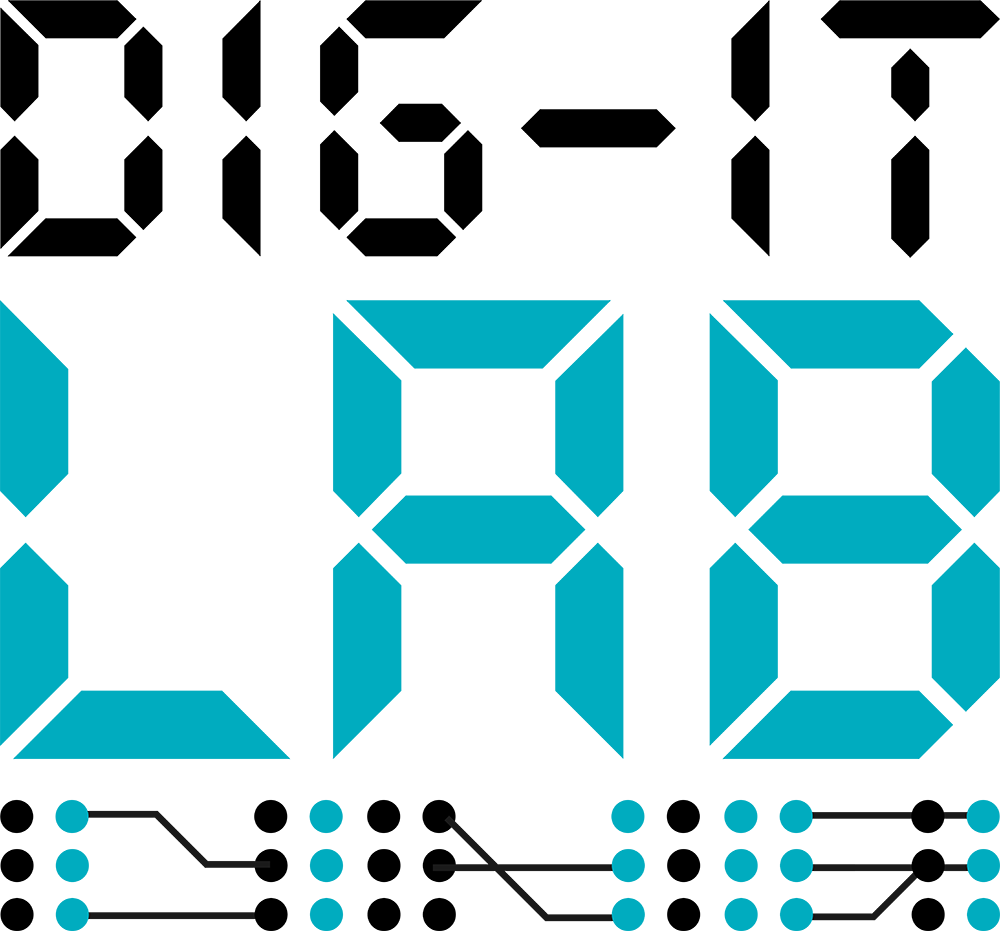There is a lot of talk about ontologies. But what are they and how can they help make buildings smarter and more sustainable? Read the first article in a new series from Dig-IT Lab, aimed at increasing knowledge on emerging, highly relevant themes in the building sector.
”A large part of our work at Dig-IT Lab involves knowledge dissemination. That is why we have initiated a series of articles where various topics are described at a reasonably complex level,” says Dig-IT Lab director Jonas Anund Vogel.
The first theme features interviews with some of the industry’s leading experts on ontology focusing on the building sector: Erik Wallin from ProptechOS, Joakim Eriksson at RISE, Karim Hussain at Schneider Electric, Rikard Strid at KTC, and Farhad Basiri at Iquest.
An ontology can be described as a structured representation of knowledge in a certain area. By defining and organising data, as well as showing relationships between different concepts, ontologies create a common language that enables different systems and actors to understand each other and exchange information effectively.
”Buildings today have complex technical systems for energy optimisation, ventilation, heating, cooling and heating, ontologies can be particularly important in this sector,” says Jonas Anund Vogel.
Karim Hussain is one of the series’ contributors. He explains that the aim is to give a contextualised definition of ontologies and show how they can be used to achieve digitalisation goals and improve digital competence.
”Lessons from the market show that while technology is important, the need for competence is even greater,” he says.
Read the first article in the series here (Swedish only):
Dig-IT Lab Publications
Interdisciplinary collaborative research to reduce the environmental impact of buildings through digitalisation

